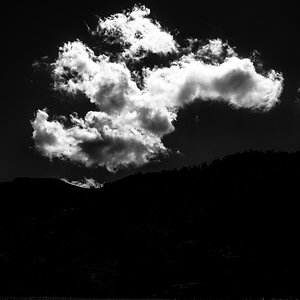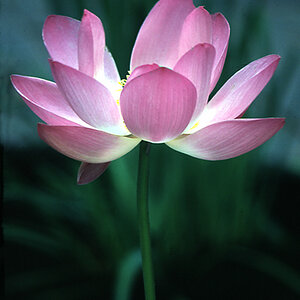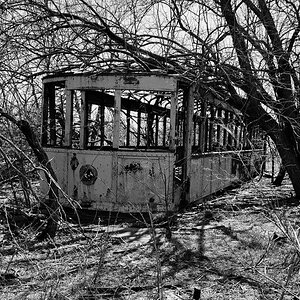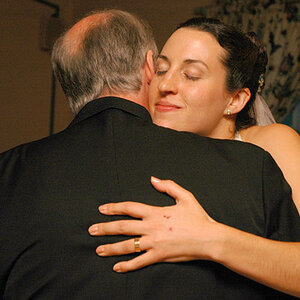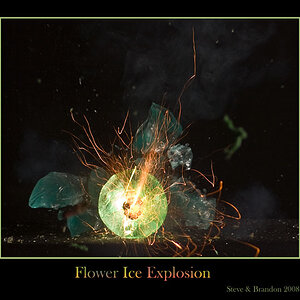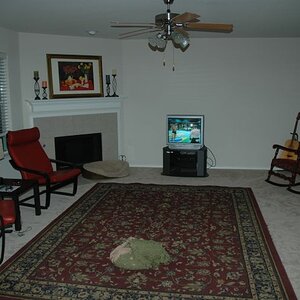jake23sanders
TPF Noob!
- Joined
- Sep 2, 2016
- Messages
- 3
- Reaction score
- 1
- Can others edit my Photos
- Photos OK to edit
Hello all,
I am looking into upgrading my camera body and I am stuck between A LOT of options. I am currently shooting on a canon rebel t3 and I mostly use my 70-200mm f/4 L for almost everything I do. I do a lot of portraits at the moment and a little bit of sports but I also want to start doing landscape photography as well. I want to upgrade my body but I don't know what to get. I am wanting to stay as cheap as possible but I know I may need to drop some money. My budget is around $1000 but if it is worth it, I can spend more than that. I have looked around a little bit and I have came across a lot of options. I could upgrade to a 70d or 80d. I could go full-frame with a 6d or an old 5d Mark ii or iii. (Mark iii would REALLY push my budget)
I could also switch over to the Sony mirrorless cameras. I could get a a6000 or 6300 and pick up an adapter. I could also get a full-frame a7 as well. I honestly am not leaning one way or another. I have no idea what I am going to go with. If you guys could help me out that would be great! Thank you all very much!
I am looking into upgrading my camera body and I am stuck between A LOT of options. I am currently shooting on a canon rebel t3 and I mostly use my 70-200mm f/4 L for almost everything I do. I do a lot of portraits at the moment and a little bit of sports but I also want to start doing landscape photography as well. I want to upgrade my body but I don't know what to get. I am wanting to stay as cheap as possible but I know I may need to drop some money. My budget is around $1000 but if it is worth it, I can spend more than that. I have looked around a little bit and I have came across a lot of options. I could upgrade to a 70d or 80d. I could go full-frame with a 6d or an old 5d Mark ii or iii. (Mark iii would REALLY push my budget)
I could also switch over to the Sony mirrorless cameras. I could get a a6000 or 6300 and pick up an adapter. I could also get a full-frame a7 as well. I honestly am not leaning one way or another. I have no idea what I am going to go with. If you guys could help me out that would be great! Thank you all very much!


 , no denying that. There are basically two recipes for making you instantly feel a better shooter: a FF body or a shot of vodka. For most the effect (and result) is about the same.
, no denying that. There are basically two recipes for making you instantly feel a better shooter: a FF body or a shot of vodka. For most the effect (and result) is about the same.
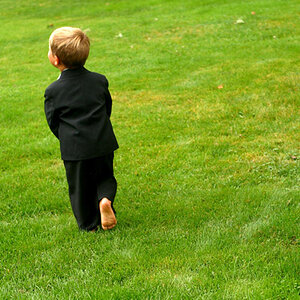
![[No title]](/data/xfmg/thumbnail/31/31092-7ba73f844ad8efedd3d5fd94799a866d.jpg?1619734609)
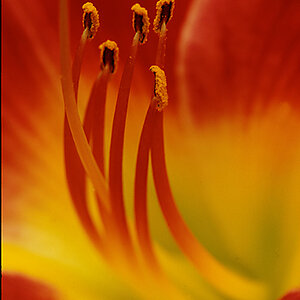
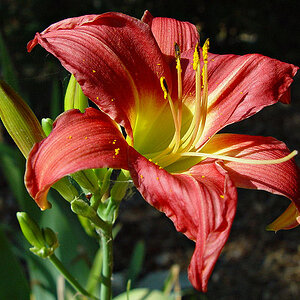

![[No title]](/data/xfmg/thumbnail/31/31094-f975d7e61424996edc28cec3b9dd70a8.jpg?1619734611)
